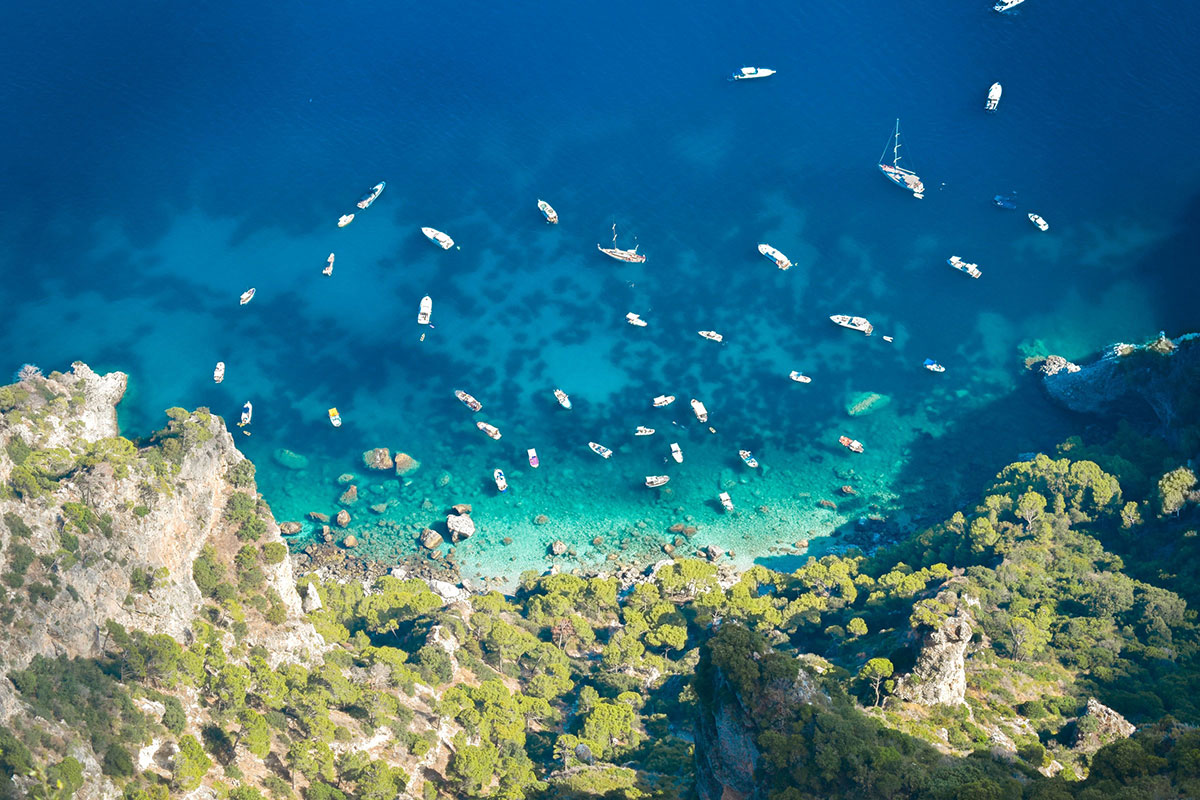The objective of this call for proposals is to facilitate the implementation of Maritime Spatial Planning (MSP) in the EU, including through the effective application of Directive 2014/89 establishing a framework for MSP.
This call, which will be open until 27 February 2024, is intended to fund projects developing innovative responses to tackle specific challenges that EU Members States might encounter when putting into effect, monitoring and/or revising their maritime spatial plans.
Many of these challenges are common to coastal Member States. Therefore, there is a shared interest in developing innovative responses that can apply within a sea basin and/or across sea basins. This means that projects should bring together participants from different Member States, located in a sea basin, or from different sea basins. To meet these challenges Member States will have to:
- Reflect and align their maritime spatial plans to the ambition of the European Green Deal and the related initiatives in areas such as climate change mitigation and/or adaptation, biodiversity, food, mobility, energy transition, alongside established activities and interests. As a cross-cutting instrument with a legal basis in all these policy areas, MSP can act as a powerful enabler of the EU's "Green Deal". This means that it will be therefore necessary for Member States to reflect in their maritime spatial plans the ambition of the Green Deal’s objectives, and energy and climate plans, alongside established activities and interests.
- Cater for cumulative impacts of ocean stressors: promote the use of an ecosystem-based approach, including Environmental Impact Assessments (EIAs), strengthen the process of the Strategic Environmental Assessments (SEAs), which are an integral part of MSP and promote environmental monitoring to collect data and asses impacts (e.g. on offshore renewable energies).
- Reinforce the sea basin dimension of MSP: meeting the above-mentioned challenges, and integrating the new EU initiatives, will require greater cooperation in planning activities in the different sea basins. A good example of this is the North Sea, where coastal Member States have set up structures to strengthen the coordination when deploying offshore wind energy14 . Moving from a project approach, MSP should become a subject of discussion among Member States in sea basin governance bodies.
- Making MSP digital and pan-European: The aim of this "digitalisation" is to harmonise data and to disseminate the contents of these plans through a common or shared digital platform – the European Marine Observation and Data Network (EMODnet). This sharing of data will facilitate cross-border consultation and cooperation and allow for a greater participation of stakeholders in the establishment and implementation of maritime spatial plans
Scope:
Proposals are expected to develop innovative responses to tackle the above mentioned specific challenges that EU Members States might encounter in the implementation and/or revision of their maritime spatial plans.
Hereunder is a list of priorities related to the aforementioned challenges:
- MSP as an enabler of the European Green Deal. Developing strategies and approaches to review/revise maritime spatial plans to make them future proof, more integrated and more coherent, especially in a sea basin context. Contributing to the development or review of the MSPs, taking into account circular blue economy and nature-food-energy nexus, coherently in a seabasin context. Climate proofing of MSP, including incorporating climate adaptation and mitigation actions and/or strategies.
- Facilitate/enable the development of marine protected areas and economic sectors (e.g. tourism and maritime/underwater cultural heritage, offshore energy, fisheries, aquaculture) in the maritime domain: ex-ante assessments (Strategic Environmental Assessment, Environmental Impact Assessment) and environmental monitoring; multi-use in project design and licensing/permits; development of a regulatory framework for multi-use, including Land Sea Interactions (LSI); allocation of sufficient sea space, enabling synergies with other sectors / activities.
- Applying an Ecosystems Based Approach (EBA) in MSP: designing maritime spatial plans to integrate objectives and measures of other EU instruments (e.g. the Marine Strategy Framework Directive) with the aim to reduce collective and cumulative pressures and ensuring that marine ecosystems are in a healthy, productive and resilient condition.
- Analysing how maritime spatial plans identified and addressed existing and potential tensions between different sectors. For example analysing the socio-economic implications of the offshore energy development and marine protected areas on recreation and tourism activities, boating, indigenous life, aquaculture and on fishing. Developing strategies on how to address those interactions, social and economic implications, increase the social acceptance and ensure perceived fairness in the MSP process.
Applicants should identify one among the above priorities, or address a combination thereof, and build their proposal around it.
Priority will be given to proposals that build on the outcome of prior MSP related projects, relevant to the objectives of the call. In this context, proposals should describe how they build on, complement and differ from finalised or ongoing research and innovation projects, including from EU programmes, where relevant. In case a proposal includes activities in a particular sea basin in which a dedicated sea basin strategy or similar initiative exists, priority will be given to proposals that explain how they contribute to the objectives of the relevant sea basin strategy or initiative


